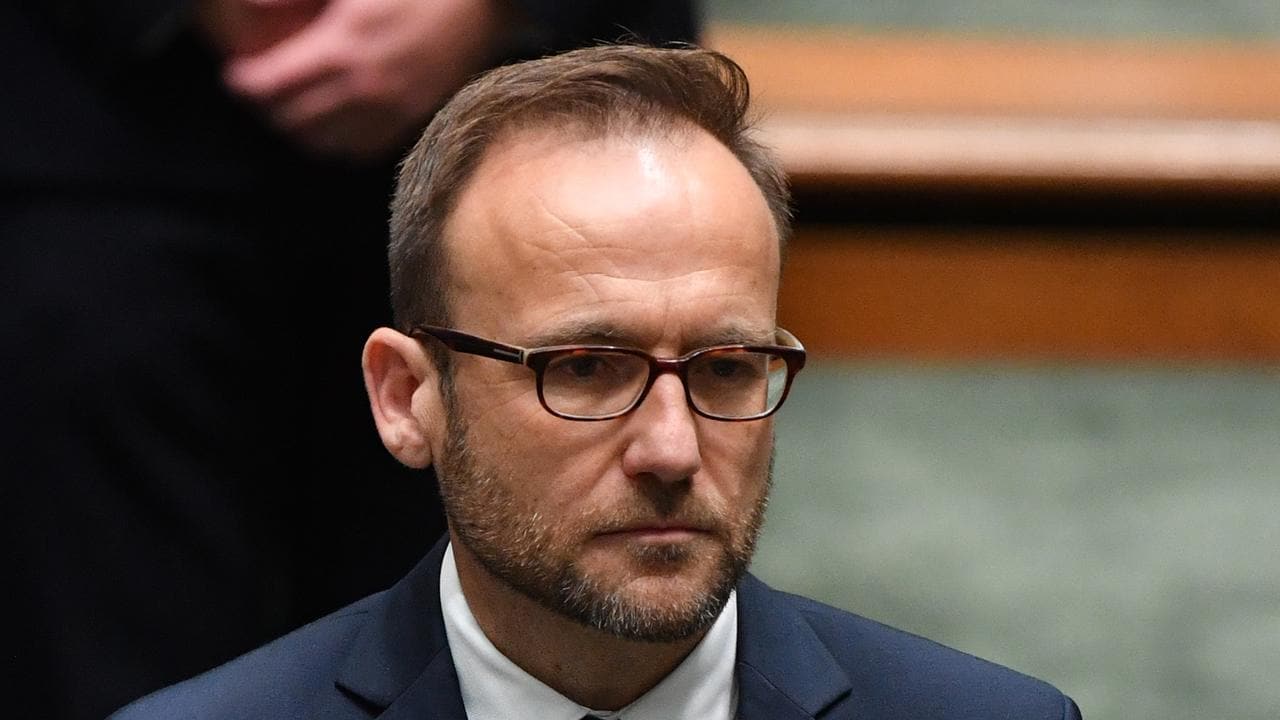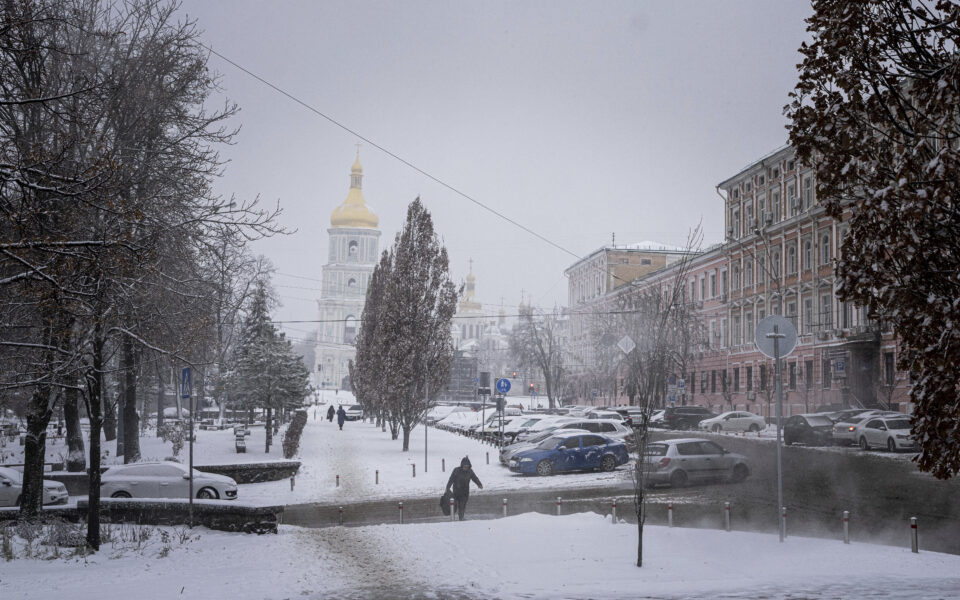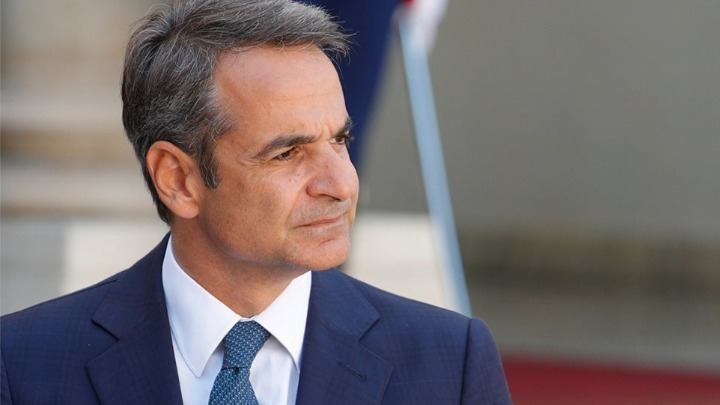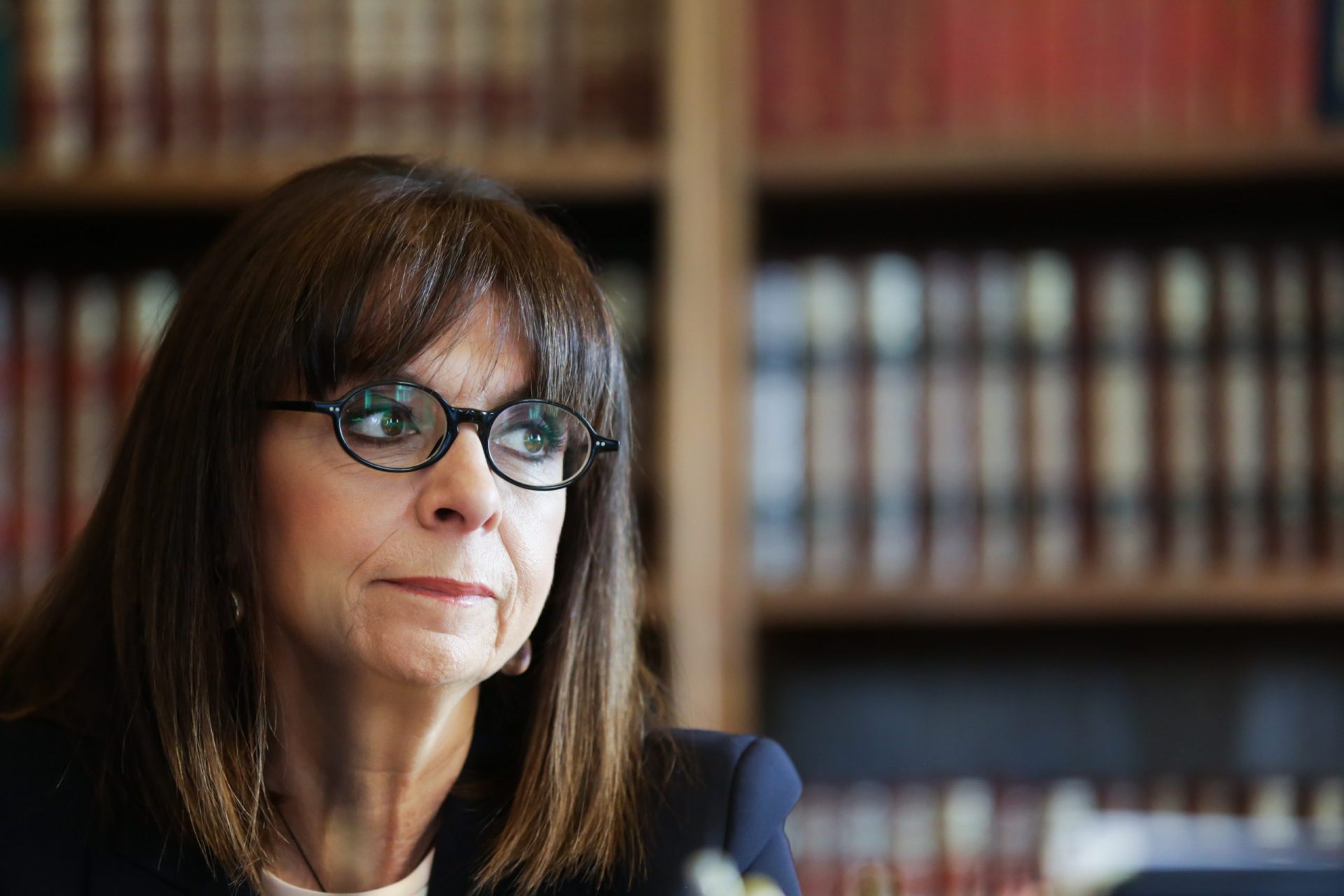Australian Politician Calls For Recognition of Greek Genocide


The leader of the Australian Green Party, Adam Bandt, threw his support behind the effort to push for official recognition of the Greek genocide on Monday.
Bandt joined the Joint Justice Initiative which was launched in February 2020 at Australia’s Parliament House. The kickoff event featured the signing of a Memorandum of Understanding by the Armenian National Committee of Australia, the Assyrian Universal Alliance and Australian Hellenic Council, which declares Australia’s recognition of the Armenian, Assyrian and Greek Genocides as a priority on behalf of their communities.
Australian recognition of the Greek genocide
On February 25, 2020, over 100 Federal Australian MPs, diplomats, political staffers, and community leaders were present at the launch of the Joint Justice Initiative.
They were treated to cultural performances from representatives of these cultural groups as well as the historic signing of a Memorandum of Understanding, which affirmed that the signatory public affairs representatives of the three communities were jointly committed to seeing Australia recognize the Turkish-committed Genocides against the Armenian, Greek and Assyrian citizens of the Ottoman Empire during World War I.
Bandt is the latest in a long list of MPs and officials who have shown their support for the Joint Justice Initiative. This is consistent with the Green Party’s general line, which calls for recognition of the Greek genocide as well as the Armenian and Assyrian genocides.
The leader of the Greens has been representing Melbourne in Parliament since 2010; prior to becoming a politician had a long and successful career as a lawyer. His party is generally left-wing, and prides itself on promoting human and social rights in Parliament.
Executive Director of the Armenian National Committee of Australia (ANC-AU), Haig Kayserian, spoke on the addition of another politician to the Joint Justice Initiative, saying “Mr. Bandt has been a long-time advocate for human rights and has consistently called for Federal Australian recognition of the Armenian, Assyrian and Greek Genocides.”
The Greek genocide
The Young Turk movement was started in 1908; the hard nationalist party was responsible for beginning the persecution of Christian communities and the forcible Turkification of the region.
These Turks, on the pretext of national security, displaced the majority of the Greek population in Asia Minor’s inhospitable hinterlands, via so-called “labor battalions.”
Reacting to the oppression of the Turks — the murders, deportations and the burning of villages — Pontic Greeks took to the mountains to salvage what was possible of their culture. After the genocide of the Armenians, the Turkish nationalists under Mustafa Kemal Ataturk then began the systematic extermination of the Pontic Greeks.
In 1919 the Greeks, with the Armenians and the temporary support of the Eleftherios Venizelos government, tried to create a standalone Greek-Armenian state. This plan was thwarted by the Turks, who took advantage of the event to advance to the “final solution.”
On May 19, 1919, Ataturk landed in Samsun to start the second and most brutal phase of the Pontian Genocide under the guidance of German and Soviet advisers. By the time of the Asia Minor Catastrophe of 1922, the number of Pontians who died had exceeded 200,000; some historians put the figure as high as 350,000.
Those who escaped the Turkish sword fled as refugees to southern Russia. After the end of the 1919–22 Greco-Turkish War, most of the Pontian Greeks remaining in the Ottoman Empire were transported to Greece under the terms of the 1923 population exchange between Greece and Turkey. Their number is estimated to be 400,000.
Source: greekreporter.com




